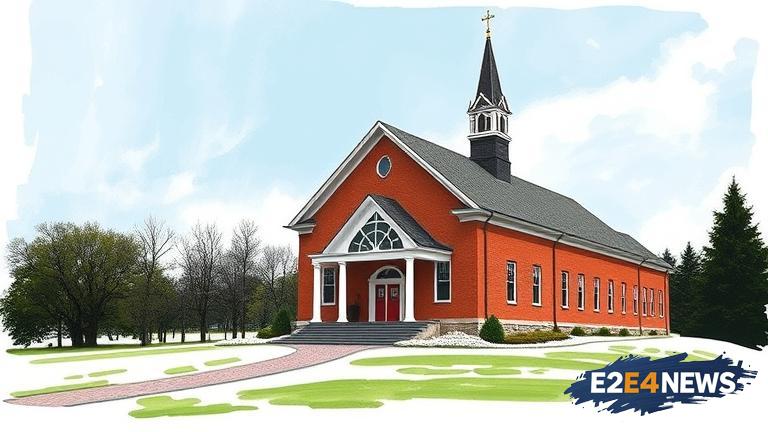The state budget recently passed in New Hampshire has been met with criticism from faith leaders, who argue that it fails to align with the values of compassion, justice, and equality. According to these leaders, the budget prioritizes tax cuts for the wealthy over funding for essential social services, including those that support low-income families, the elderly, and individuals with disabilities. This, they claim, will exacerbate existing social and economic inequalities in the state. The budget’s provisions, such as the reduction in funding for programs like Medicaid and the Supplemental Nutrition Assistance Program (SNAP), are seen as particularly harmful. Faith leaders argue that these cuts will have a disproportionate impact on the most vulnerable members of society, including children, the elderly, and those struggling with poverty. Furthermore, they express concern that the budget’s emphasis on tax cuts will lead to a decline in revenue, making it even more challenging for the state to address pressing social issues. The faith leaders also point out that the budget’s failure to invest in critical areas like education, healthcare, and social services will have long-term consequences for the state’s economy and its residents. They argue that a more equitable and just budget would prioritize the needs of all citizens, regardless of their income or social status. The controversy surrounding the state budget has sparked a wider debate about the role of faith in public policy and the responsibility of elected officials to uphold the values of justice, compassion, and equality. Faith leaders are calling on lawmakers to reconsider the budget and work towards a more inclusive and equitable solution. They are also urging citizens to get involved in the budget process and advocate for policies that promote the common good. The issue has brought together a diverse coalition of faith leaders, including Christians, Jews, Muslims, and others, who are united in their commitment to social justice and their opposition to the budget. As the debate continues, it remains to be seen how the state will address the concerns of faith leaders and the needs of its most vulnerable citizens. The outcome will have significant implications for the state’s social and economic landscape, as well as its reputation as a place of compassion and justice. Ultimately, the faith leaders hope that their voices will be heard and that the state will adopt a budget that truly reflects the values of its citizens. The budget controversy has also highlighted the importance of civic engagement and the need for citizens to hold their elected officials accountable for promoting the common good. By speaking out against the budget, faith leaders are exercising their right to free speech and advocating for a more just and equitable society. The issue serves as a reminder that budget decisions have real-world consequences and that citizens must be vigilant in ensuring that their elected officials prioritize the needs of all members of society.
